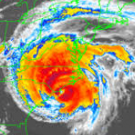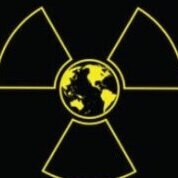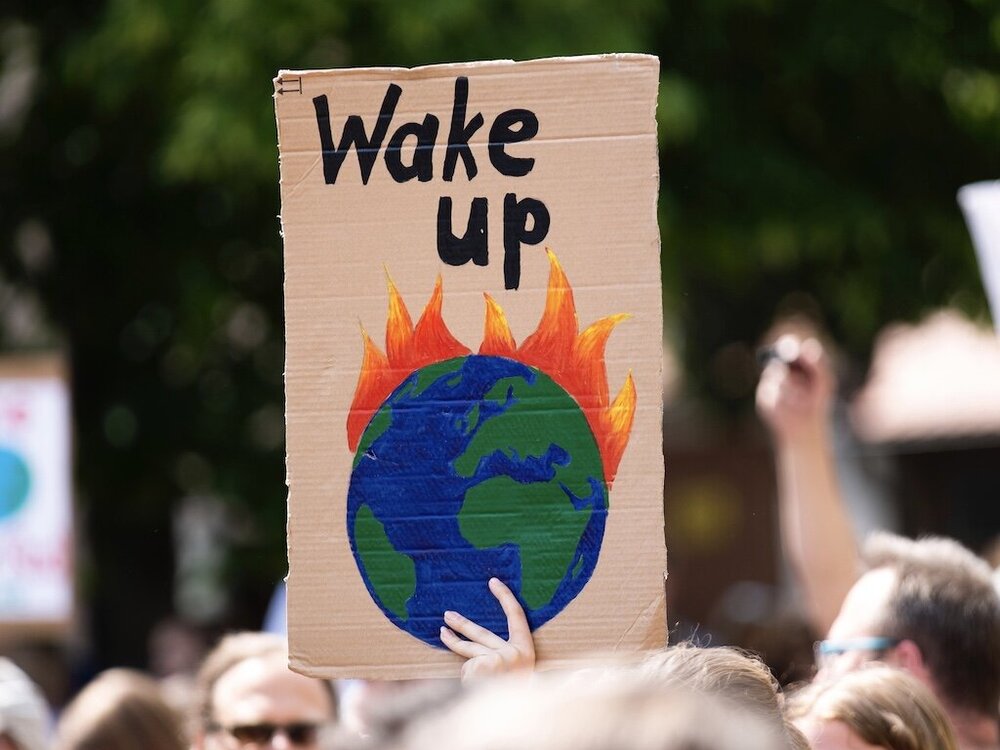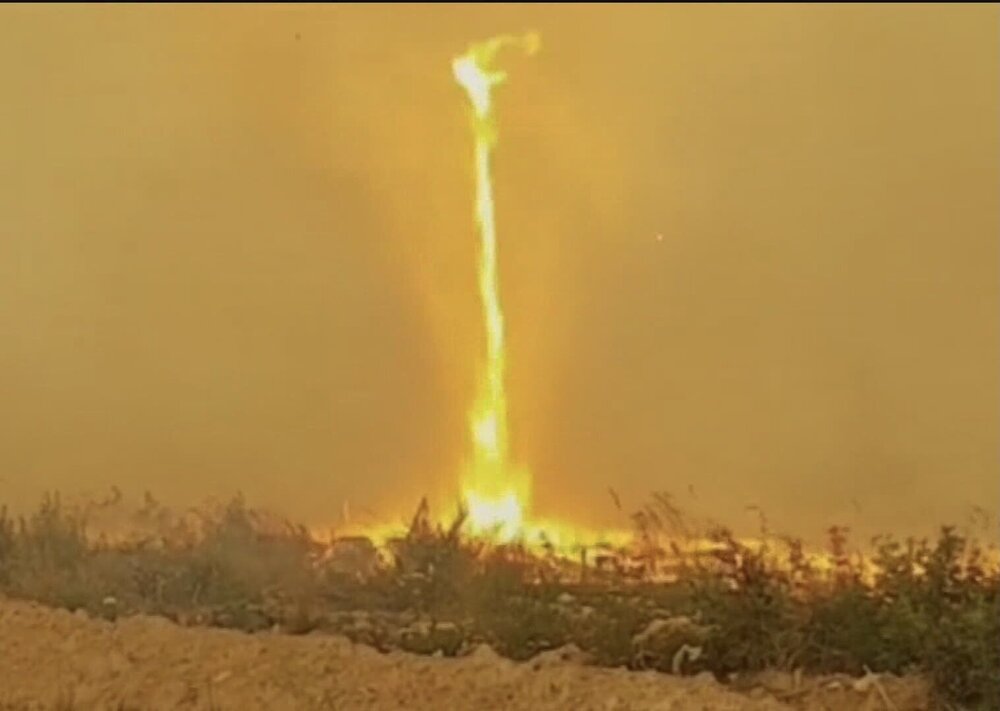Search the Community
Showing results for tags 'climatechange'.
-
With winter on the ropes and the main threads descending into climate change discussions, finger pointing and long range Icon hope, let’s discuss how this winter failed so miserably. Was it poor model performance, over-hyping ENSO, bad luck, climate change, reliance on analogs or some combination of everything? Let’s dive in and leave the main board for actual forecast discussion and the sanitarium for, well, the folks who need it. What better time to discuss a winter failure than on February 10 while it feels like 80 outside and our “best look in years” collapsed in 18 hours of disastrous model runs!
- 17 replies
-
https://youtu.be/PJbzs5Bo8D4 Climate change is the defining crisis of our time and it is happening even more quickly than we feared. But we are far from powerless in the face of this global threat. The climate emergency is a race we are losing, but it is a race we can win. No corner of the globe is immune from the devastating consequences of climate change. Rising temperatures are fueling environmental degradation, natural disasters, weather extremes, food and water insecurity, economic disruption, conflict, and terrorism. Sea levels are rising, the Arctic is melting, coral reefs are dying, oceans are acidifying, and forests are burning. It is clear that business as usual is not good enough. As the infinite cost of climate change reaches irreversible highs, now is the time for bold collective action. Disasters linked to climate and weather extremes have always been part of our Earth’s system. But they are becoming more frequent and intense as the world warms. No continent is left untouched, with heatwaves, droughts, typhoons, and hurricanes causing mass destruction around the world. 90 per cent of disasters are now classed as weather- and climate-related, costing the world economy 520 billion USD each year, while 26 million people are pushed into poverty as a result. Billions of tons of CO2 are released into the atmosphere every year as a result of coal, oil, and gas production. Human activity is producing greenhouse gas emissions at a record high, with no signs of slowing down. According to a ten-year summary of UNEP Emission Gap reports, we are on track to maintain a “business as usual” trajectory. The last four years were the four hottest on record. According to a September 2019 World Meteorological Organization (WMO) report, we are at least one degree Celsius above preindustrial levels and close to what scientists warn would be “an unacceptable risk”. The 2015 Paris Agreement on climate change calls for holding eventual warming “well below” two degrees Celsius, and for the pursuit of efforts to limit the increase even further, to 1.5 degrees. But if we don’t slow global emissions, temperatures could rise to above three degrees Celsius by 2100, causing further irreversible damage to our ecosystems. Glaciers and ice sheets in polar and mountain regions are already melting faster than ever, causing sea levels to rise. Almost two-thirds of the world’s cities with populations of over five million are located in areas at risk of sea level rise and almost 40 per cent of the world’s population live within 100 km of a coast. If no action is taken, entire districts of New York, Shanghai, Abu Dhabi, Osaka, Rio de Janeiro, and many other cities could find themselves underwater within our lifetimes, displacing millions of people. While science tells us that climate change is irrefutable, it also tells us that it is not too late to stem the tide. This will require fundamental transformations in all aspects of society — how we grow food, use land, transport goods, and power our economies. While technology has contributed to climate change, new and efficient technologies can help us reduce net emissions and create a cleaner world. Readily-available technological solutions already exist for more than 70 per cent of today’s emissions. In many places renewable energy is now the cheapest energy source and electric cars are poised to become mainstream. In the meantime, nature-based solutions provide ‘breathing room’ while we tackle the decarbonization of our economy. These solutions allow us to mitigate a portion of our carbon footprint while also supporting vital ecosystem services, biodiversity, access to fresh water, improved livelihoods, healthy diets, and food security. Nature-based solutions include improved agricultural practices, land restoration, conservation, and the greening of food supply chains. Scalable new technologies and nature-based solutions will enable us all to leapfrog to a cleaner, more resilient world. If governments, businesses, civil society, youth, and academia work together, we can create a green future where suffering is diminished, justice is upheld, and harmony is restored between people and planet.
- 9 replies
-
- 3
-

-

-

-
- climatechange
- climatecrisis
-
(and 3 more)
Tagged with:
-
A team of scientists from British Columbia, the United States, and Spain say Western Canada must address the threats posed by highly destructive wildfires or face deadly consequences. The group has released a paper predicting billions of dollars in suppression and indirect fire costs as well as hundreds or thousands of premature deaths due to exposure to wildfire smoke if climate change and fire causes are not resolved. https://vancouversun.com/news/local-news/billions-in-losses-thousands-could-die-if-western-canada-wildfire-response-unchanged-report
-
- 1
-

-
- climatechange
- wildfires
-
(and 2 more)
Tagged with:




